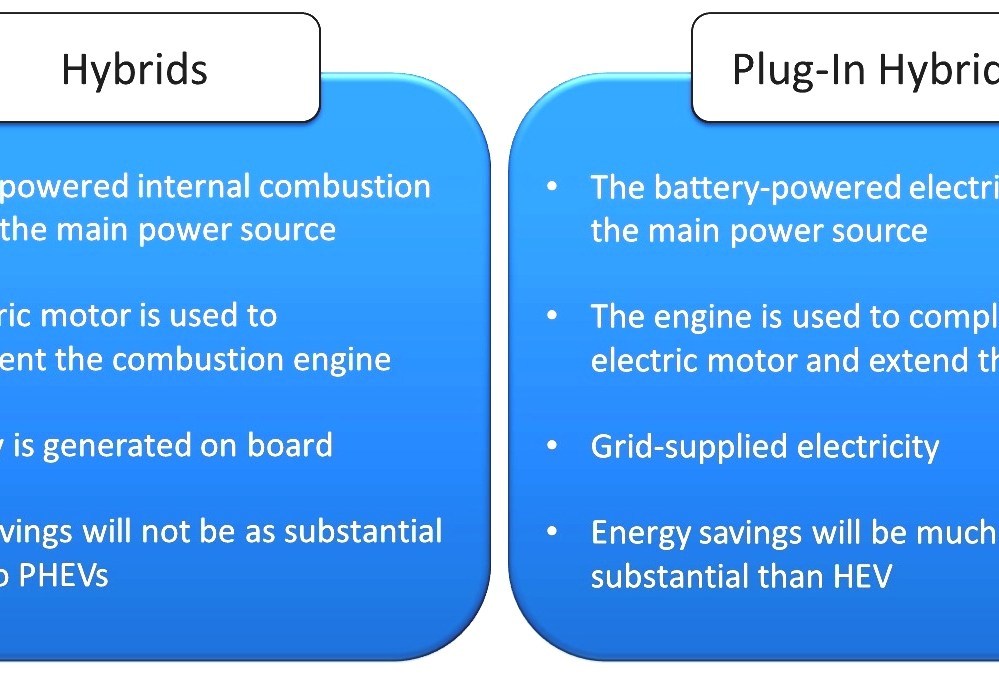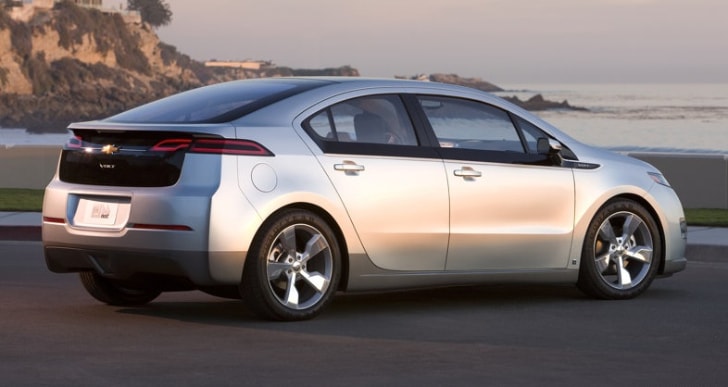

If you run your hybrid car solely on gasoline, you'll still emit greenhouse gases from your tailpipe, but less so than you would with gasoline-only counterparts because they're more fuel-efficient–some hybrids allow for more than 50 miles per gallon! This means you'll use less gas to travel the same distance and therefore emit less pollution. With hybrid cars, you have two options for fuel: gasoline or electricity. Even before the gasoline hits your engine, extracting the fuel to use as energy has a number of environmental costs to consider as well. Environmental Protection Agency (EPA), a typical passenger vehicle emits 4.6 metric tons of carbon dioxide annually, plus other pollutants like methane and nitrous oxide – all greenhouse gases that contribute to global warming.

Over time, this can have a large impact on the environment: according to the U.S. There are many negative environmental impacts of using gasoline-powered vehicles: for one, these cars emit carbon dioxide and other greenhouse gases straight from their tailpipes.

Hybrid cars are environmentally friendly (compared to gasoline-powered cars)


 0 kommentar(er)
0 kommentar(er)
